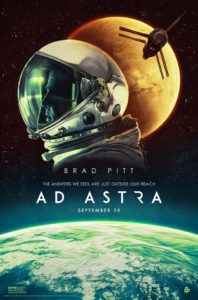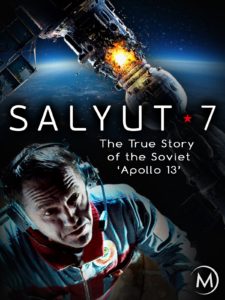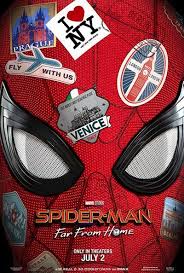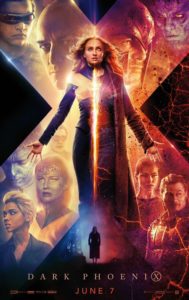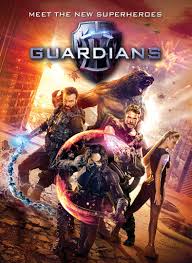In a recent article over at VOX an author expressed the fear that the near perfect digital recreation of an actor’s younger version is merely the camel’s nose in the tent that will lead to the replacement of actors with entirely digital creations. This is not a new concern and formed the one central question in Connie Willis’ novel Remake and then as now I do not foresee that as a concern for the near future.
Acting is not just walking from mark to mark and parroting the words from the script. If it were there would be a far large number of great actors entertaining us and it would not b so plainly evident when a talented actor was simply ‘phoning in’ their performance. Acting is an art and like all art is requires a conscious creative act. There are numerous choices an actor makes in their performance that go far beyond simply repeating the words. There will not fully digital actors entire there are self-aware computers capable of making those emotional choices.
A second often expressed fear is that there will be endless films using recreations of stars that have passed and while there will the occasional use of a dead actor to recreate a famous role, for example Peter Cushing’s double in Rogue One: A Star Wars Story it will never become a vehicle for a star powered film. Firstly there is still the creative aspect that will fail to double the original actor’s unique vision but more importantly is that younger generations will never simply adopt their parent’s stars. Even an eternally young John Wayne would not have continued to be the massive star of his earlier days as the country and culture changed around him.
Change is coming but actors are not about be wholly replaced by bits and bytes.

